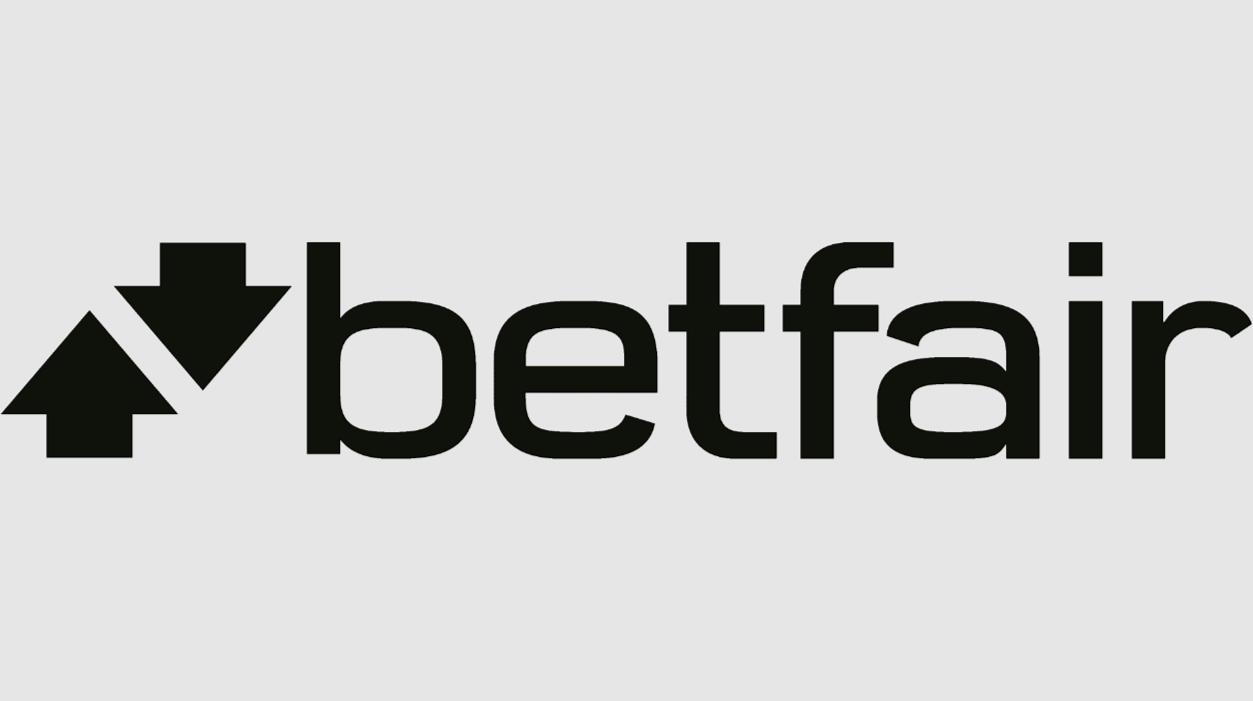Betting has become a popular pastime for many, offering excitement, entertainment, and the potential for financial gain. However, with the rise of online betting platforms and the increasing accessibility of betting options, it is crucial to consider the ethical implications of betting. Fair play and responsibility are essential components of ethical betting, ensuring that the activity remains enjoyable and sustainable for all participants. This article explores the principles of betting ethics, highlighting the importance of fair play and responsibility in the betting community.
The Principles of Betting Ethics
Fair Play
Fair play is a fundamental principle of betting ethics, emphasizing the importance of honesty, integrity, and transparency in all betting activities.
- Honesty: Bettors should be honest in their interactions with betting platforms, fellow bettors, and themselves. This includes providing accurate information during registration and adhering to the terms and conditions of the platform.
- Integrity: Maintaining integrity involves upholding the values of sportsmanship and respect for the game. This means avoiding any form of cheating, manipulation, or unfair advantage.
- Transparency: Transparency in betting involves being open about your betting activities, including your wins, losses, and strategies. This promotes trust and accountability within the betting community.
Responsibility
Responsibility in betting encompasses a range of practices aimed at ensuring that betting remains a safe and enjoyable activity.
- Self-Control: Bettors should exercise self-control by setting limits on their betting activities and adhering to them. This includes setting a budget, time limits, and avoiding impulsive bets.
- Awareness: Being aware of the risks associated with betting is crucial. This involves understanding the potential for financial loss, addiction, and the impact of betting on personal and professional life.
- Support: Seeking support when needed is an essential aspect of responsible betting. This includes utilizing resources such as gambling helplines, support groups, and professional counseling.
Ethical Considerations for Bettors
Respect for the Game
Respecting the game is a core ethical consideration for bettors, ensuring that the integrity of the sport is maintained.
- Avoiding Match-Fixing: Engaging in or supporting match-fixing undermines the integrity of the game and is a serious ethical violation. Bettors should report any suspected match-fixing activities to the relevant authorities.
- Fair Competition: Promoting fair competition involves supporting measures that ensure the integrity of the game, such as anti-doping policies and fair play regulations.
- Sportsmanship: Upholding the values of sportsmanship includes respecting opponents, officials, and the rules of the game.
Respect for Fellow Bettors
Respect for fellow bettors is essential for maintaining a positive and supportive betting community.
- No Trolling or Harassment: Engaging in trolling, harassment, or any form of disrespectful behavior towards fellow bettors is unethical and damaging to the community.
- Sharing Knowledge: Sharing knowledge, tips, and strategies with fellow bettors can enhance the collective experience and promote a sense of camaraderie.
- Supporting New Bettors: Providing guidance and support to new bettors helps foster a welcoming and inclusive betting community.
Respect for Betting Platforms
Respecting betting platforms involves adhering to their rules, regulations, and ethical standards.
- Following Terms and Conditions: Bettors should carefully read and follow the terms and conditions of the betting platforms they use. This includes understanding the rules regarding bonuses, promotions, and withdrawals.
- Reporting Issues: If bettors encounter any issues or suspicious activities on a betting platform, they should report them to the platform’s customer support or relevant authorities.
- Providing Feedback: Offering constructive feedback can help betting platforms improve their services and maintain high ethical standards.

Ethical Considerations for Betting Platforms
Transparency and Fairness
Betting platforms have a responsibility to operate with transparency and fairness, ensuring that bettors have a trustworthy and reliable experience.
- Clear Terms and Conditions: Betting platforms should provide clear and easily understandable terms and conditions, outlining the rules, regulations, and ethical standards of the platform.
- Fair Odds and Payouts: Offering fair odds and timely payouts is essential for maintaining trust and satisfaction among bettors.
- Responsible Marketing: Betting platforms should engage in responsible marketing practices, avoiding misleading or deceptive advertisements and promoting ethical betting behaviors.
Player Protection
Protecting players is a critical ethical consideration for betting platforms, ensuring that bettors have a safe and enjoyable experience.
- Self-Exclusion Tools: Providing self-exclusion tools allows bettors to set limits on their betting activities and take a break when needed.
- Responsible Gambling Resources: Offering resources such as gambling helplines, support groups, and educational materials can help bettors make informed decisions and seek support when needed.
- Age Verification: Implementing robust age verification processes ensures that only adults can access and participate in betting activities.
Community Engagement
Engaging with the betting community is an essential aspect of ethical betting platforms, fostering a positive and supportive environment.
- Community Forums: Providing community forums and discussion platforms allows bettors to connect, share knowledge, and support each other.
- Educational Content: Offering educational content, such as betting guides, tutorials, and expert insights, can help bettors make informed decisions and enhance their betting experience.
- Feedback Mechanisms: Implementing feedback mechanisms, such as surveys and customer reviews, allows betting platforms to gather insights and improve their services based on bettor feedback.
The Role of Regulation in Betting Ethics
Regulatory Bodies
Regulatory bodies play a crucial role in ensuring that betting platforms operate ethically and responsibly.
- Licensing and Compliance: Regulatory bodies issue licenses to betting platforms and ensure compliance with ethical standards and regulations.
- Monitoring and Enforcement: Monitoring betting platforms for ethical violations and enforcing penalties for non-compliance helps maintain the integrity of the betting industry.
- Consumer Protection: Regulatory bodies protect consumers by ensuring that betting platforms operate fairly, transparently, and responsibly.
Ethical Standards and Guidelines
Establishing ethical standards and guidelines is essential for promoting fair play and responsibility in the betting industry.
- Code of Conduct: Developing a code of conduct for betting platforms and bettors outlines the ethical expectations and responsibilities of all participants.
- Best Practices: Promoting best practices in betting, such as responsible gambling, fair odds, and transparent operations, helps maintain high ethical standards.
- Education and Awareness: Raising awareness about ethical betting practices through education and outreach programs can help bettors and platforms make informed and responsible decisions.
Conclusion
Betting ethics, encompassing fair play and responsibility, are essential for ensuring that betting remains a enjoyable and sustainable activity. By adhering to the principles of honesty, integrity, and transparency, bettors and betting platforms can promote a positive and supportive betting community. Respecting the game, fellow bettors, and betting platforms, along with the role of regulation, helps maintain the integrity of the betting industry. By considering these ethical considerations, bettors can enhance their betting experience and contribute to a responsible and fair betting environment.




